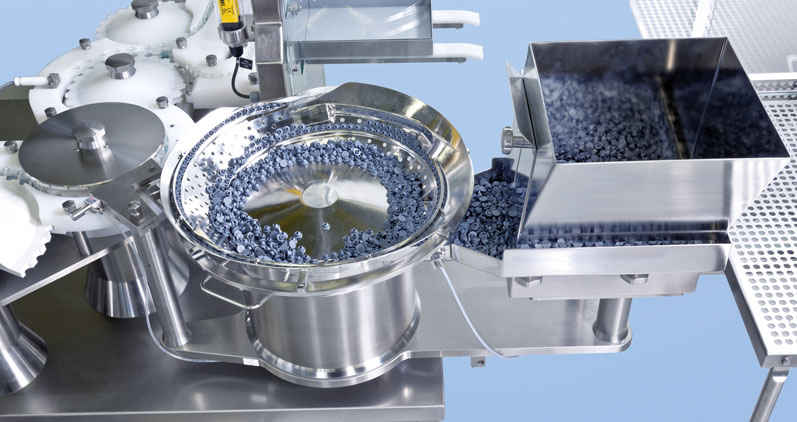In the pharmaceutical industry, especially in the field that focuses in the manufacture and sale of life-saving medicines, accurate weighing and dispensing of drug components is of critical importance. You can imagine how errors in this matter can potentially weaken a medicine’s life-saving effects,which can result in fatal consequences for patients who rely upon it for their day-to-day survival. Examples of such drugs are insulin for diabetics, blood-thinning agents forstroke and heart attack survivors, andantiretroviral drugs for HIV/AIDS patients.
Fortunately, most pharmaceutical manufacturing companies have adopted automation technologies in their production facilities. Such solutions include dispensing machines with precision motion components like gantry systems and multi-axes linear stages. The use of suchtechnologies allows for a higher degree of precision and efficiency, which can then help drug manufacturers increase their throughput while minimizing weighing and dispensing errors.
With this in mind, here are some of the other pertinent reasons why proper weighing and dispensing matters in the production of life-saving pharmaceutical products.
Product quality
Errors in weighing and dispensing can result in the medicine failing to meet proper industry quality standards. For example, the medicine’s composition can be compromised due to a specific weighing error caused by an unskilled or fatigued employee, resulting in unintended pharmaceutical side effects and complications in consumers who end up using the drug. The wrong ingredient may also be dispensed into a batch of drugs, causing a similar effect. While these may not necessarily cause fatalities, it could lead to health issues serious enough to engender legal repercussions or mass product callbacks. By adopting automation technologies, drug manufacturers canminimize or eliminate such errors, allowing for a more efficient and accurate production process.
Employee safety
The production of some life-saving medicines often involve the handling of potentially harmful chemicals or raw ingredients. Over-reliance on the manual weighing and dispensing of such substances is disadvantageous because this exposes laboratory personnel to unnecessary risks. By relegating the handling of hazardous substances to machines, automation can help prevent laboratory accidents while also contributing to the overall safety of workers inside drug-manufacturing facilities. Precluding such issues that can potentially disrupt the pharmaceutical production process can then contribute to ensuring that medication-dependent patients will always have access to the drugs they need.
Equipment safety
Improper weighing and dispensing can also result in the delicate and precise medicine production equipment being damaged.For example, too much thickening agent can result in clogs in the nozzles or tubes of liquid dispensing machines. By automating the handling of pharmaceutical ingredients, such potentially costly errors can be eliminated as well.Automation allows for the precise allotment of the required amount of ingredients, therefore ensuring that they do not disrupt the mechanism of the machines that formulate and manufacture the drugs.
Packaging integrity
Human errorsin the dispensing and weighing of pharmaceutical ingredients can cause too much product being placed inside theirintended casing or packaging. This can result in the packaging becoming fragile or even being damaged, which can then lead to the product being compromised during shipping or storage. Automation allows forthe correct amount of product to be introduced into each packaging, ensuring the packaging’s integrity throughout the product’s life cycle.
Raw material/ingredient integrity
Unhygienic handling practices involved during the weighing and dispensing processes can also affect the sterility or integrity of the raw materials or ingredients used in the making of life-saving medicines. For instance, if lab employees do not practice proper hygienic procedures before handling raw ingredients, it could result in the biological contamination of the ingredientsthemselves, which could then affect the safety of the final product.Thanks to automation, however, lab employees will never have to resort to unsanitary handling of pharmaceutical ingredients.
Proper weighing and dispensing can save lives
Weighing and dispensing may seem like routine steps in the pharmaceutical production process, but as they are critical to the resulting quality and effectiveness of the finished medicines, measures should be taken to ensure that these procedures are performed with the maximum amount of accuracy and precision possible. This is especially true in the production of life-saving pharmaceuticals. Adopting automation is one such measure that can massively help in that regard.




